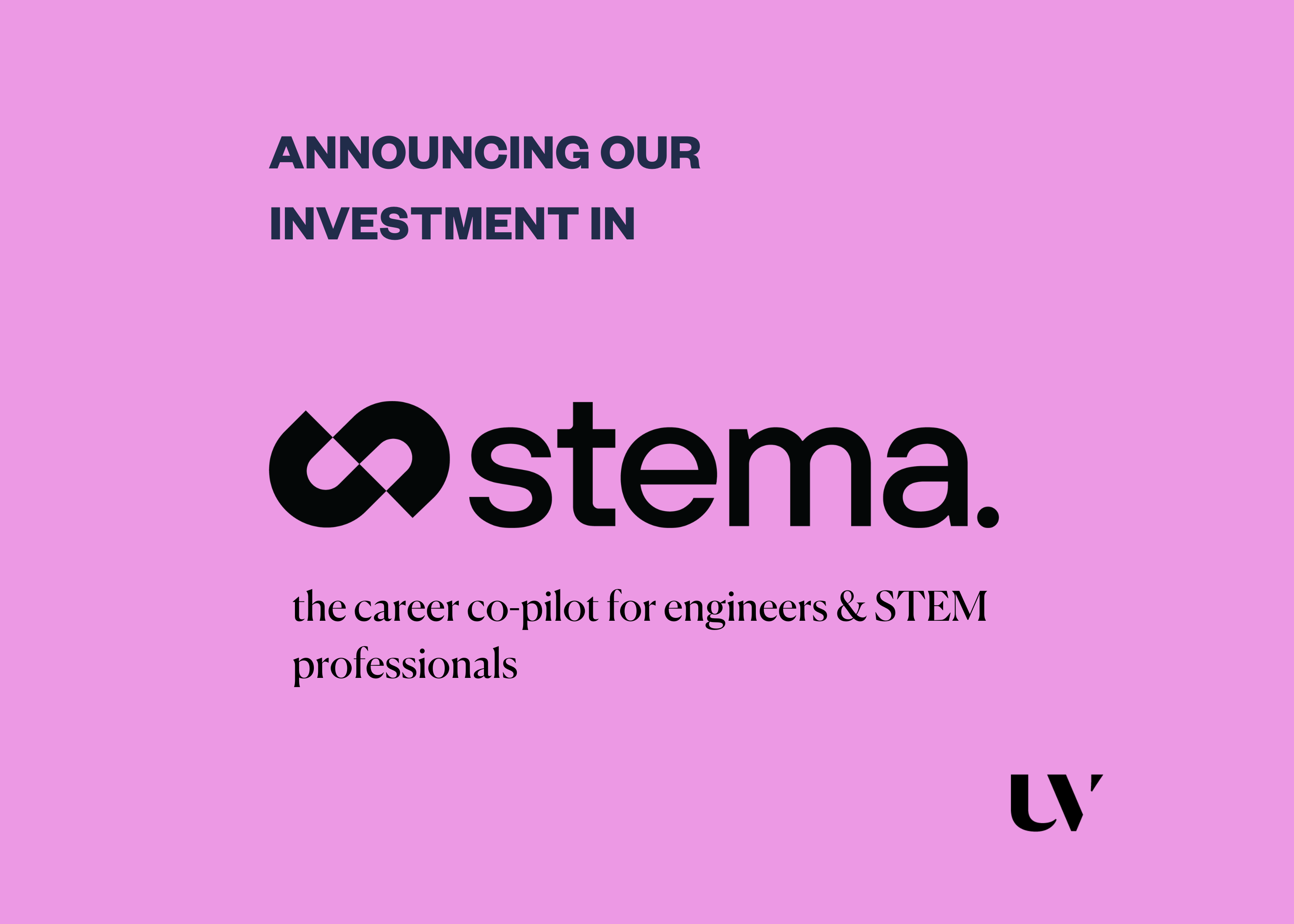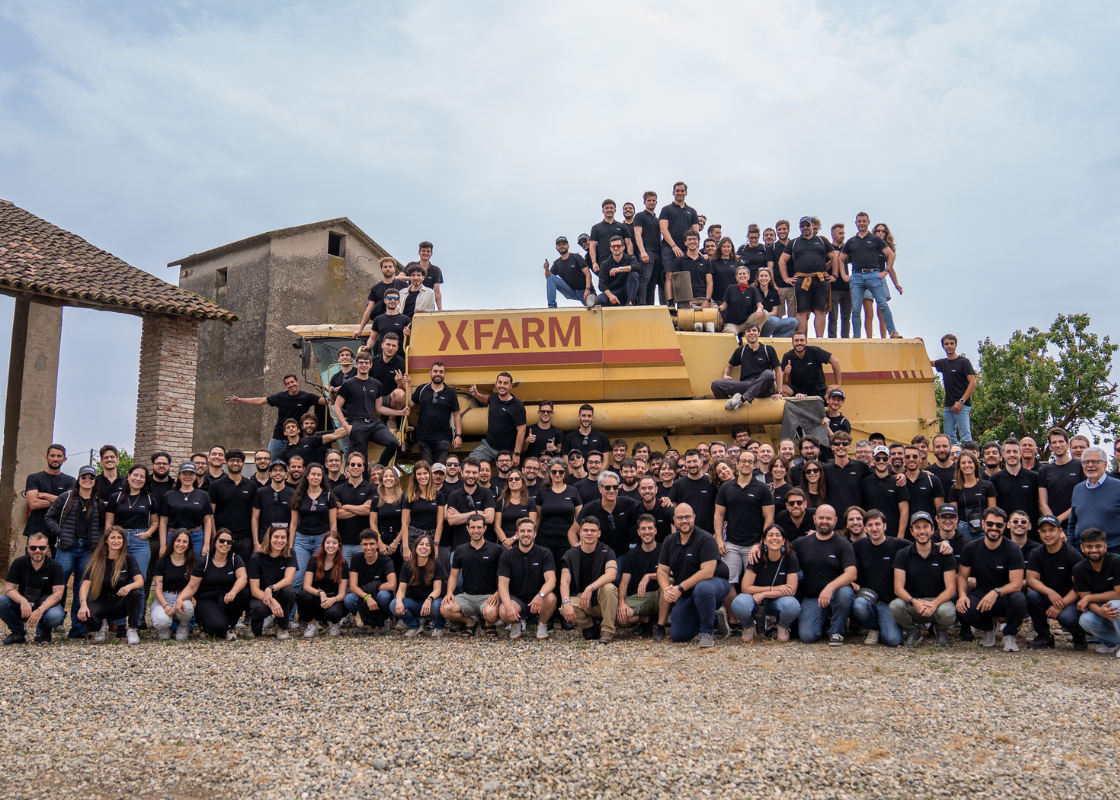The Artificial Humanism
July 2nd, 2024
Balancing the Impact of Technological Innovation for a New Growth Paradigm
Last week, United Ventures had the pleasure of collaborating on the Fondazione NOVA Reunion 2024 in the beautiful setting of the IBM Studios in Milan. The event focused on the theme of “artificial humanism,” with a series of speeches exploring the question: in an era of rapid technological progress, how can we ensure that innovation is driven by values and nurtured by a new generation of talent?
The event featured prominent figures from the institutional, entrepreneurial, and academic worlds to discuss the challenges and opportunities presented by technological innovation. Through panels, keynote speeches, and networking moments, the Reunion 2024 explored how artificial intelligence, quantum computing, and other emerging technologies redefine growth paradigms and how to train and attract talents capable of leading this transformation.
Having explored these themes in the past through its Tech Insights conference, United Ventures shares with Fondazione NOVA (combining the networks of NOVA-MBA and Mentors4u) a shared vision characterized by a passion for innovation and a commitment to talent development. Together, we designed a comprehensive program ranging from trends in venture capital allocation in technological innovation to ethical considerations of artificial intelligence.
Prof. Enrico Zio, scientific director at Datrix, inspired us with his keynote on the concept of “artificial humanism” and the risks and opportunities that technological advancements pose.
We heard the stories of Enrico Mattiazzi, CEO & co-founder of Fiscozen, Daniele Panfilo, CEO & co-founder of Aindo, and Federico Sforza, co-founder Banca AideXa, who shared the origins of their entrepreneurial spark in a conversation moderated by journalist Stefania Peveraro. It was a unique opportunity to hear stories of innovative entrepreneurship and understand the journeys of those who have bravely transformed a vision into reality, reflecting on how tech startups can offer a new growth paradigm for a constantly evolving world.
The evolution of the European VC landscape and the shifts created by AI in tech investing were discussed in a chat featuring Sella Group’s CEO – and one of the most prominent venture capital’s limited partners in Italy – Pietro Sella, and Carlotta Riganti, VC growth investor at Balderton Capital, moderated by our co-founder & managing partner Massimiliano Magrini. Pietro explained that digital innovation is entering a new phase of acceleration thanks to the greater maturity of artificial intelligence, presenting us with new scenarios, opportunities, and complexities to manage. He emphasized that the main challenge is to apply innovation to human capital, which we certainly must recognize if we want to impact the economy and society as a whole positively. He also noted that artificial intelligence, if well exploited, opens new frontiers of inclusive and sustainable economic and social development, offering young people professional opportunities and the possibility of creating new entrepreneurial ideas. However, this requires a significant evolution in education and training models.
The evolution of corporate leadership in the age of AI was reflected upon by Talent Garden’s CEO Irene Boni, Deloitte’s senior partner & GenAI leader Lorenzo Cerulli, Olympus Italy’s CEO Vittorio Martinelli, and IBM Italy’s CEO Stefano Rebattoni. Stefano underlined that there’s a great deal of interest and excitement around generative AI, and to realize tangible business benefits quickly, companies need to rely on adequately trained people. As generative AI is incorporated into business strategy, leaders must develop a mindset and corporate culture that promotes this technology’s conscious and responsible adoption, guiding people through the change.
Irene emphasized that the democratization of generative AI offers a unique opportunity to accelerate and transform organizations’ innovation processes and put talent at the center. She pointed out that the speed of technological change presents leaders with a new challenge: having the ability to lose control over detailed decision-making to create contexts of widespread responsibility. In this context, continuous learning and informal education are extremely important, as well as participation in events like this one to build awareness and strengthen the ability to ride the wave of technological change opportunity.
It was an extraordinary occasion for networking, exchanging ideas, and fundraising to support the non-profit mission of enhancing young Italian talent and creating a meritocratic and inclusive environment in Italy. Technological innovations, such as artificial intelligence, are increasingly disruptive, which generates optimism for their potential but can also be disorienting. Therefore, it is increasingly valuable for young talents to be accompanied and guided by a mentor who helps them find flexible and universal directions, approaches, and perspectives that only lived experience of change can provide. It is increasingly strategic, especially in a rapidly aging country like Italy, to spread the culture and practice of mentorship, an increasingly valuable help for young people in making choices thanks to the transfer of experience and intergenerational exchange.
In conclusion, the proposed solutions for today’s and tomorrow’s leaders to govern innovation and seize the opportunities offered by disruptive technologies like artificial intelligence can be summarized:
- Train flexible talents: encourage less specialized, more transversal, and more multidisciplinary educational paths, preparing young people to embrace continuous change.
- Foster meritocracy: create an ecosystem favorable to attracting international talents by offering meritocratic opportunities and a stimulating environment for innovative minds.
- Promote mentorship: spread the culture of mentoring, foster intergenerational exchange, and provide young people with expert guidance to navigate their educational and professional growth.
- Encourage unconventional paths: urge young people to explore alternative professional experiences, such as joining a startup or starting their own, to cultivate entrepreneurial culture and the ability to create value in dynamic contexts.
Thank you to all the speakers who shared their experiences with us, the participants, and especially the students and mentees at the core of Fondazione NOVA’s mission. And a special thanks to Fondazione NOVA for sharing the journey of organizing such an inspiring event with us 💫
Watch the video with the interviews with Tommaso Stefani, Massimiliano Magrini, and Pietro Sella
Read the article on Il Sole 24 Ore (in Italian)


